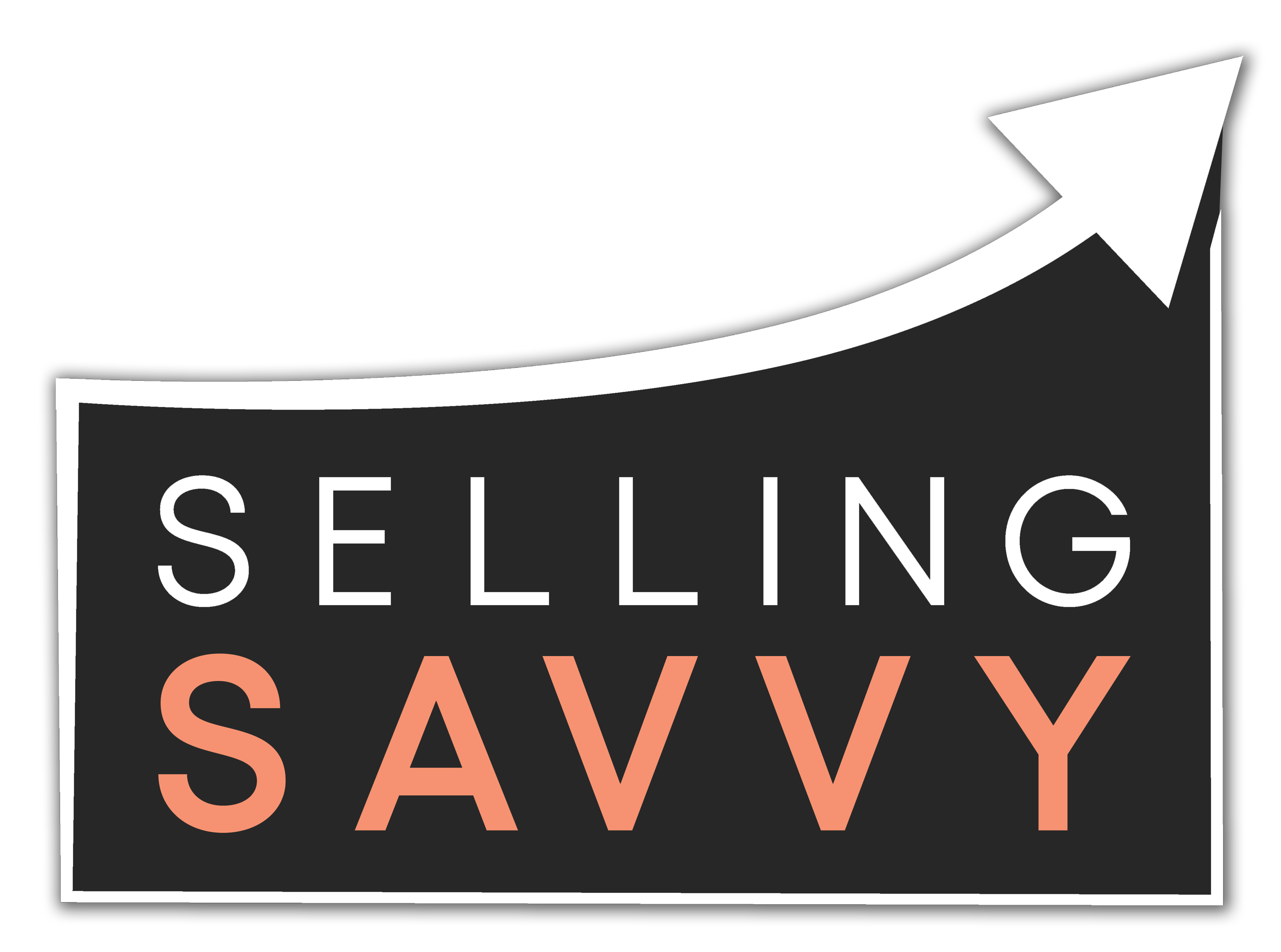People buy people. So cliché, I know. But it has never been truer especially in a people industry like ours which has suffered huge losses in the past year. We are craving integrity, authenticity, and more than ever recognising the power of being a strong community.
Thinking about it, does anyone actually like being sold to? I wonder if I hate it so much because, in my early days as a salesperson, I was trained by the old school reps. The sales funnel has no secret for me: I know the techniques, the matching, the closing questions … so don’t try it on me, ok?
I am one of those people who will walk out of a shop when the assistant starts following me around asking if I am looking for “anything in particular”. But I also hate not being acknowledged.
WHAT DO YOU WANT then, I hear you say?
Well, it’s a fine balance. A life skill, one that most of us intrinsically possess whether we realise it or not.
We may not all have been the seller, but we’ve all been buyers at one point, and we need to remember to draw on our experience as a buyer to become a better salesperson. Our experience as a human. That’s right. A human. Selling is an interaction human to human. It doesn’t have to be the balance of power it has been made out to be.
Because our humanity is how we connect with each other. Our ability to listen, feel, empathise has to be our strongest Unique Selling Point. And unique is what defines us so look no further for a way to differentiate from your competitor. YOU can be that edge, the reason why the client chooses your company.
Think about it this way. As a buyer, or a person for that matter, do you want to be manipulated into making a decision? When you are buying something, are you looking for someone to “overcome your objections” or just someone to guide you in the process? In recent years, consultative Selling has taken over from product selling and I think we can all agree that it is how most people in our industry like to do business.
To me, sales is quite simple. You need something. I have it. How can we make sure we both get the most out of this partnership, collaboration, or whatever you want to call it? It is not me against you. I remember being taught about “quid pro quo”, a negotiation technique that can basically be summarised as: you give me something, I give you something. In principle, it sounds fair, but it goes back to the idea of scoring points or working against each other rather than together towards the same goal. It’s a bit counterproductive if you ask me, and although the idea of bargaining in a market in Morocco sounds charming, we no longer have time for this back and forth in business.
We want genuine connections, active listening, meaningful exchanges. A consultative approach seems logical but whenever I have hired and trained people, I have had to remind them of that. Possibly because of the bad rep around being a “salesperson” and possibly the pressure of “closing the deal”.
They get nervous, become robotic, and cling on to their inquiry form for dear life seemingly forgetting all social skills I know they have. The techniques, the lingo to remember, the stress of performing, and having to impress can be intimidating. I have always tried to empower team members by stating this simple fact: you are a great person, I hired you because I liked you and I know our clients will too.
In many structures I have seen managers putting processes before the people, standardising things to the point there is no room for personalities to shine. Don’t get me wrong, I agree that processes are absolutely necessary. I am a sucker for a good SOP – they bring consistency where turnover, different working styles, work ethics and values would bring chaos. They are undeniably the basis of any solid sales organisation but to succeed, we must also encourage our people to be themselves. The range of personalities within our teams is a strength which, as managers, we must embrace and capitalise on.
When given the choice, people will do business with people they like. Wouldn’t you? Instead of talking at your client and entering that negotiation power struggle, remember that you will get your questions answered effortlessly in a scenario of collaboration where you are having a pleasant conversation and truly demonstrating an interest in the needs and wants of your client.
My advice to anyone new to sales or looking to try a more consultative approach:
- Know your product – showing personality is great but I am not saying you should wing it! This is still business. Knowledge is power and being prepared will give you confidence and allow you to have a more relaxed conversation.
- Do your research: the relevance of your product and ethos to the company you are selling to are important, make sure you have qualified this client as a good match. Don’t waste your time or theirs. Time is precious and wasting someone’s time is the ultimate offence.
- This client/supplier relationship is a two-way street, do not be scared! We are collaborating with clients, they need and rely on our expertise to do their job well and deliver a great event, never forget how key your role is.
- Read the room: you might really hit it off with a client, but you may also have to adjust to their “vibe” …Learn to adapt to your crowd: personality types are very different, always be mindful of that.
- Put yourself in the other person’s shoes. Genuinely try understanding them and seeing things from their point of view. They also have pressures, processes, targets you may not be aware of.
- Always do your best – it all comes down to that and at the end of the day this is all you can do. You may not have all the answers but if you can show that you care and are always trying your hardest to help, people will trust and respect you.
To help you and your teams find the right approach, Selling Savvy have put together the seven steps to consultative selling workshop! Get in touch to find out more.




